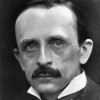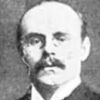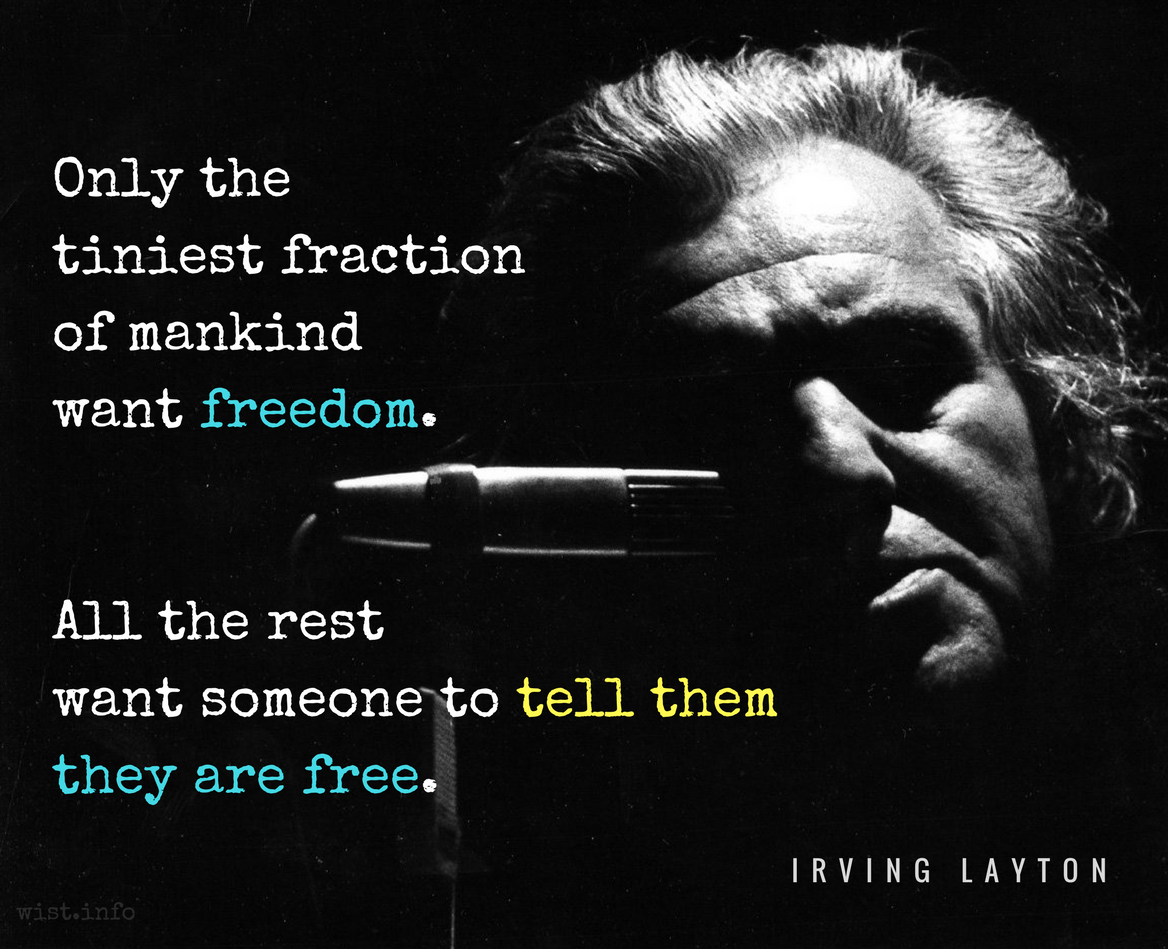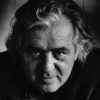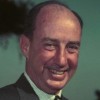My mother’s favourite paraphrase is one known in our house as David’s because it was the last he learned to repeat. It was also the last thing she read —
Art thou afraid his power shall fail
When comes thy evil day?
And can an all-creating arm
Grow weary or decay?I heard her voice gain strength as she read it, I saw her timid face take courage, but when came my evil day, then at the dawning, alas for me, I was afraid.
J. M. Barrie (1860-1937) Scottish novelist and dramatist [James Matthew Barrie]
Margaret Ogilvy, ch. 10 “Art Thou Afraid His Power Shall Fail?” (1896)
(Source)
The book is a biographical work about his mother and family.
Quotations about:
reassurance
Note not all quotations have been tagged, so Search may find additional quotes on this topic.
The knowledge that one has a remedy within reach is often as effectual as the remedy itself, if not more so.
F. Anstey (1856-1934) English novelist and journalist (pseud. of Thomas Anstey Guthrie)
Tourmalin’s Time Cheques, ch. 2 “The Second Cheque” (1885)
(Source)
Keep cool: it will be all one a hundred years hence.
Ralph Waldo Emerson (1803-1882) American essayist, lecturer, poet
“Montaigne; or, The Skeptic,” Representative Men, Lecture 4 (1850)
(Source)
But reassurance can be the cruellest antidote to anxiety. Our rosy predictions both leave the anxious unprepared for the worst, and unwittingly imply that it would be disastrous if the worst came to pass. Seneca more wisely asks us to consider that bad things probably will occur, but adds that they are unlikely ever to be as bad as we fear.
Alain de Botton (b. 1969) Swiss-British author
The Consolations of Philosophy, ch. 3 “Consolation for Frustration” (2000)
(Source)
You will find that the truth is often unpopular and the contest between agreeable fancy and disagreeable fact is unequal. For, in the vernacular, we Americans are suckers for good news.
Adlai Stevenson (1900-1965) American diplomat, statesman
Speech (1958-06-09), Commencement, Michigan State University
(Source)
Later, he wondered if he could have changed things, if that gesture would have done any good, if it could have averted any of the harm that was to come. He told himself it wouldn’t. He knew it wouldn’t. But still, afterward, he wished that, just for a moment on that slow flight home, he had touched Wednesday’s hand.
Neil Gaiman (b. 1960) British author, screenwriter, fabulist
American Gods, Part 2, ch. 10 (2001)
(Source)

